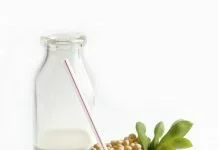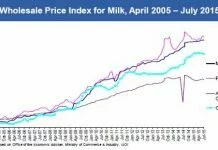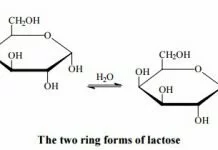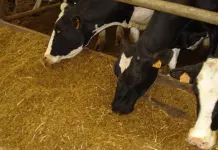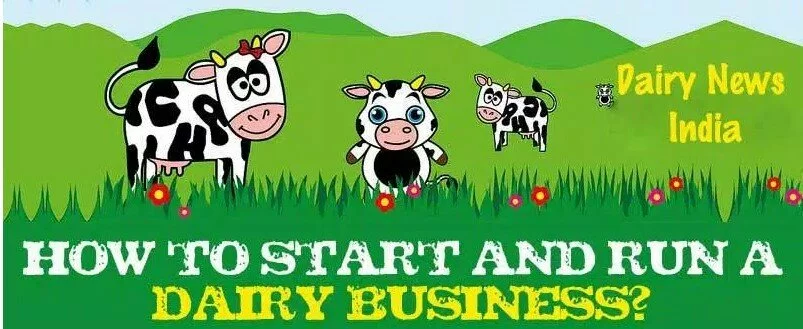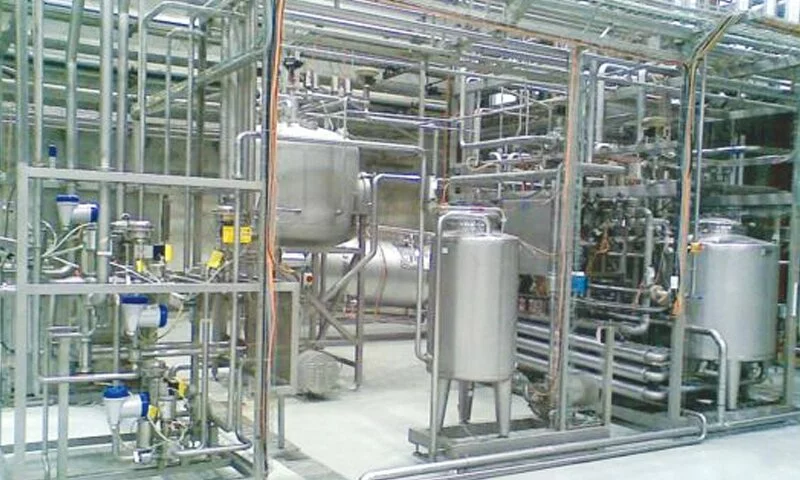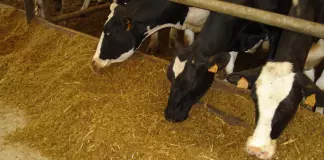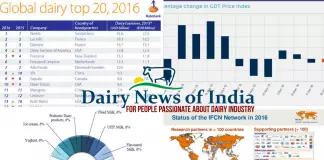Zero duty to hit Indian dairy industry: Amul
‘15 cr. farmers will be impacted by FTA’
The Indian dairy sector, providing livelihood to 15 crore farmers, would be severely hit if import duties on milk and milk products were eliminated under any Free Trade Agreement (FTA) including the Regional Comprehensive Economic Partnership (RCEP), according to the local dairy cooperative Amul.
Separately, farmers’ organisations have threatened to hold nationwide protests if the dairy sector is opened up under the RCEP — the proposed mega-regional FTA involving 16 Asia Pacific nations including India — or any other FTA including those proposed separately with Australia and New Zealand.
Risk of cheaper imports
Jayen Mehta, senior general manager, GCMMF Ltd. (Amul), who participated in a stakeholders meeting with officials negotiating the RCEP agreement here, told The Hindu that it was important for India to ensure that duties on all Indian dairy products were not eliminated or reduced under the FTA, as cheaper imports risked threatening local farmers’ incomes from dairy.
Significantly, Mr. Mehta pointed out that as against 15 crore dairy farmers in India, there were only 12,000 of them in New Zealand and 6,300 in Australia.
‘Duty offers protection’
Currently, the duty on milk and milk products ranges from 40% to 60%, which gives the local industry enough protection to build its competitiveness.
However, if the duty is drastically reduced or eliminated under any FTA, the local industry would find it difficult to compete against producers, particularly from RCEP members like Australia and New Zealand — which control more than 35% of the global dairy trade and in excess of 50% of the intra-RCEP trade, Mr. Mehta said.
Yogendra Yadav of Swaraj Abhiyan and All India Kisan Sangharsh Coordination Committee, said, “Any attempt to open up our milk market to international trade under an FTA shall be resisted by all farmers’ organisations, and we will hold nationwide protests.”
However, New Zealand, out of its annual milk production of 22 million metric tonnes (MMT), exports 19 MMT (or 86% of the produce). Similarly, Australia, of its production of 15 MMT, exports four MMT (or 26% of the production).
Mr. Mehta said India, on the other hand, is the world’s largest milk producer with 156 MMT of the item produced annually. However, since there is a huge domestic demand for milk and milk products, exports of these items from India is negligible (about 0.5 MMT or 0.3% of the production), he said. While New Zealand controls 25% of the global dairy trade and Australia around 5%, India’s share is negligible, he added.
However, the Indian farmer has the highest share of consumer price (around 71%) — or, what the farmer gets as percentage of what consumers spend on milk and milk products — as against Australia (25%) and New Zealand (33%), Mr. Mehta said. He said Amul — owned by farmers and managed by professionals — ensures that 80-86% of the consumer-spend goes back to its dairy farmers.
Further, most RCEP countries have a highly restrictive regime on dairy products — either high import duties or cumbersome procedures with certification and inspection requirements. He said though China is the world’s largest dairy importer, it does not allow Indian dairy imports. Similarly, Indonesia, another RCEP member, does not allow Indian dairy imports stating that India is a Foot and Mouth Disease (FMD)-affected country, he pointed out, adding that Australia too classifies India as an FMD-hit nation and restricts Indian dairy imports. New Zealand’s requirement of several veterinary documentation on dairy products also prevents Indian exports to that nation, he said.










